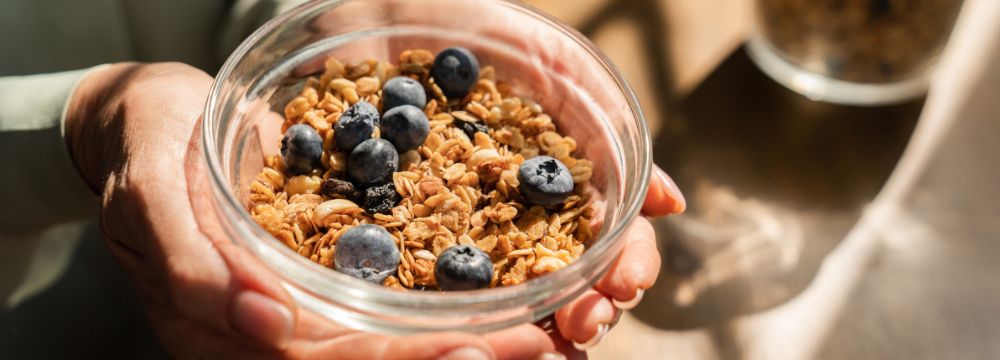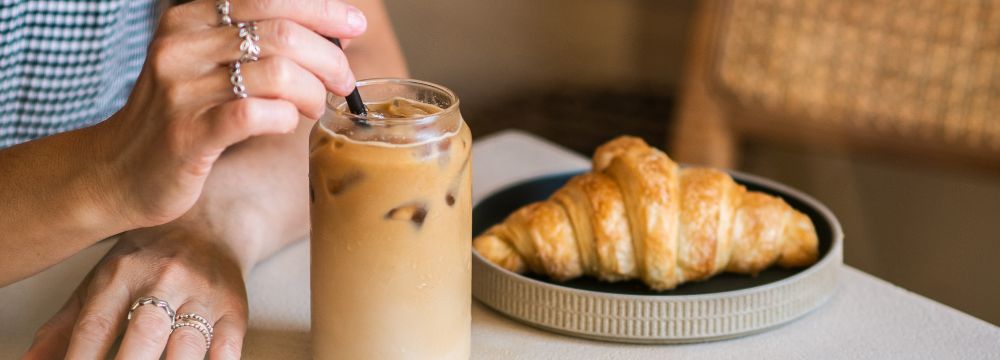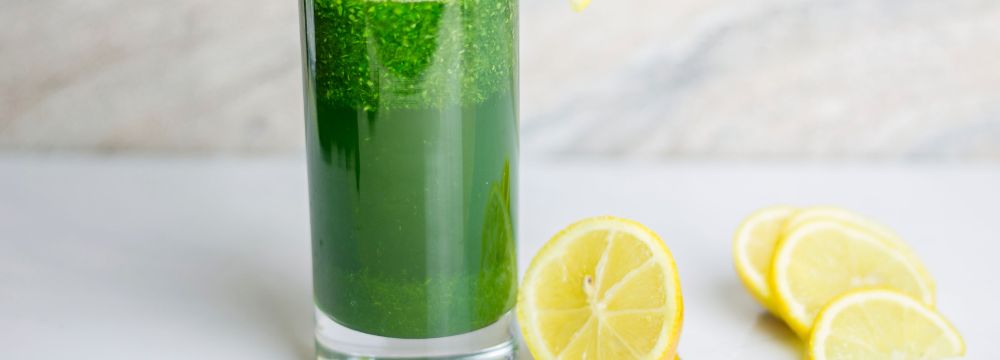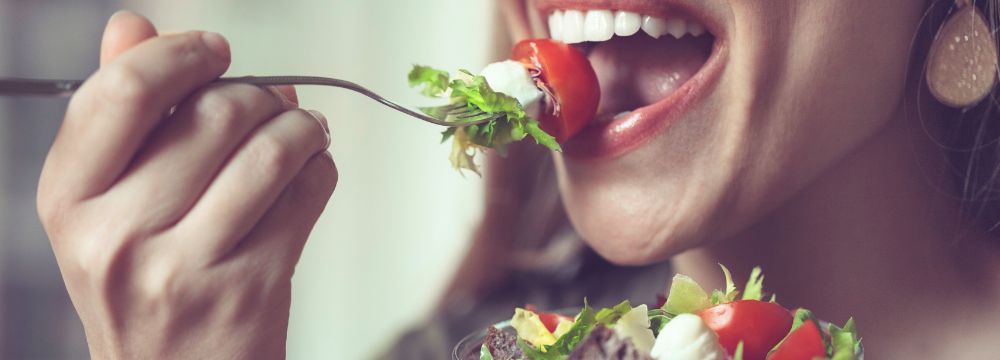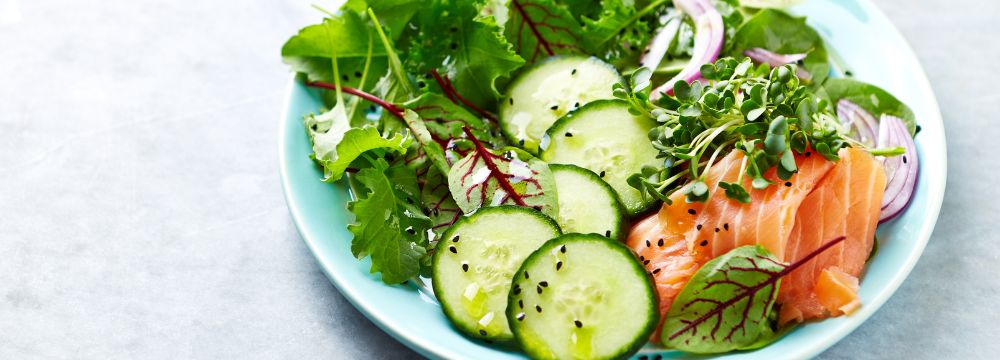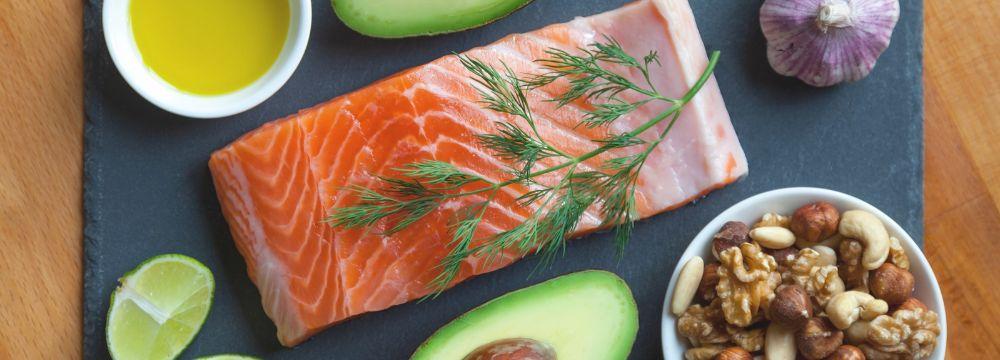Nobody would blame you if you said that sugary foods are your weakness. Whether it’s soda, cake, alcohol or the multitude of other foods and drinks that contain lots of sugar, it has become a staple in our lives. And, unfortunately, it is a vicious cycle. The more sugar we consume, the more tolerance we have and the more we crave. Processed and restaurant foods and drinks contain ever more sugar to satisfy our cravings and the result is weight gain.
Does Artificial Sweetener Do the Trick?
One of the first changes we make to our eating and drinking habits is substituting real sugar for artificial sweetener. The most common artificial sweetener brands are Sweet and Low (Pink), Splenda (Yellow) and Equal (Blue). We may even opt for natural sweeteners such as agave extract and others. Each is marketed as a zero calorie and therefore healthier alternative to traditional sugar, but do we truly?
We’ll get to the point…the fact is that artificial sweeteners are still sweet. Ultimately, the sugar cravings we get come from the brain – it is the taste of the sweetness that’s the problem – less so the calories. Artificial sweetener is processed in the brain much like regular sugar is. One big difference however is that artificial sweeteners are many times sweeter than traditional sugar and may actually have the opposite effect – making us crave even more sweetness, whether is from real or artificial sweetener.
If we could control what we ate along with the artificial sweetener, there may be some benefit. However, all too often, we consume a whole bunch of other calories along with the artificial sweetener.
So, what’s the answer to eating less sugar?
Unfortunately, we have to treat over consumption of sugar much in the way that we treat drug abuse. It sounds extreme, but sugar is an addictive substance – it’s even been described as more addictive than some drugs. The short answer therefore is to target the foods and drinks with the most added sugar – the key term here is ADDED. Nutritional labels now separate sugars inherent to the food or drink versus the sugars added during processing. This gives us a great way to control our sugar consumption. After all, sugar itself is not necessarily bad.
You may also find that substituting sugary juices with the whole fruit reduces the amount of sugar you consume and keeps you full longer. Many fruits contain a good amount of fiber, whereas the juice is mostly sugar. The kind of fruit you consume also makes a difference. Citrus fruits, bananas and grapes are typically higher in sugar.
Many also find it useful to use strong seasoning on their food. Of course, we have to be careful with salt as that presents its own weight gain and heart health challenges. However there are a multitude of spices that can tickle our taste buds without adding appreciable calories. Consider Indian or Mexican spices for something familiar, but interesting. Even experiment with some hotter options like hot sauces, peppers, vinegars or chili. Stay away from many of the fatty, sugary sauces that all too often end up in or on our food. Extracts such as vanilla, orange or almond can also help.
Staying hydrated also reduces the amount of sugar you consume. Oftentimes our brains and bodies are tricked into feeling hungry when actually the problem is dehydration. All bariatric patients should drink at least 64 ounces of water each day to make sure they’re fully hydrated. They should drink quite a bit more if very active. However, even non-bariatric patient should be drinking plenty of water. It is stunning to know that upwards of 75% of Americans are chronically dehydrated.
A few other tips:
- If you need the carbonation (note to bariatric patients – AVOID carbonation, always!) swap out soda for flavored 0 calorie water
- Take the AHA’s advice and swap equal amounts of sugar for unsweetened applesauce in recipes
- Reduce your serving size so you get the taste you want, but in lower quantities
- Choose your restaurant meal BEFORE going out
- Don’t skip meals
- Eat sllllooooowwwwwllllllyyyy
- Compare grocery food labels – some products contain a lot more sugar than others, even though they look the same
Sugar consumption is rising dramatically in the US and diabetes is hitting epidemic proportions. The tips above can work for anyone who wants to reduce their risk of high blood sugar and stay healthier longer.
